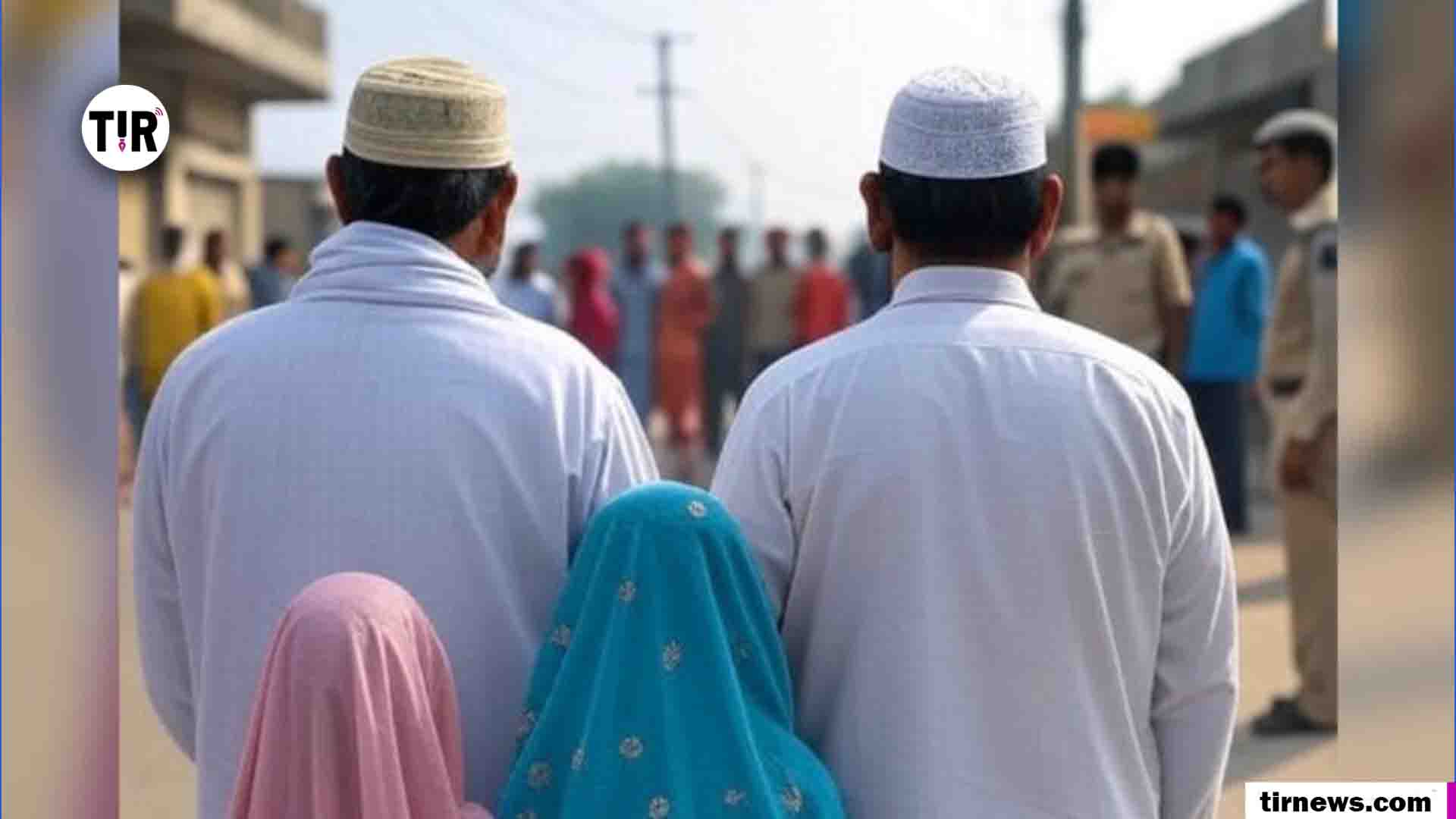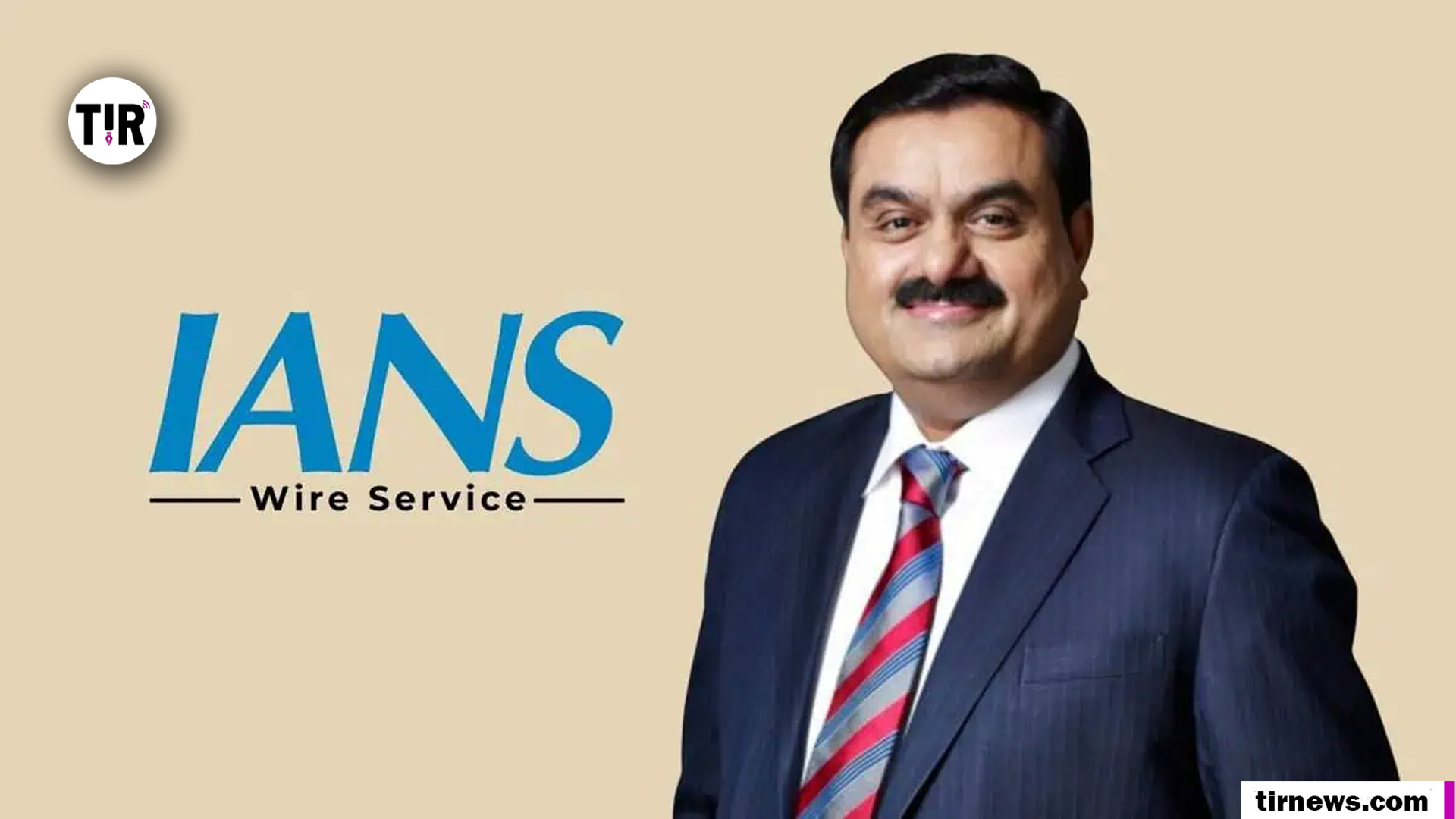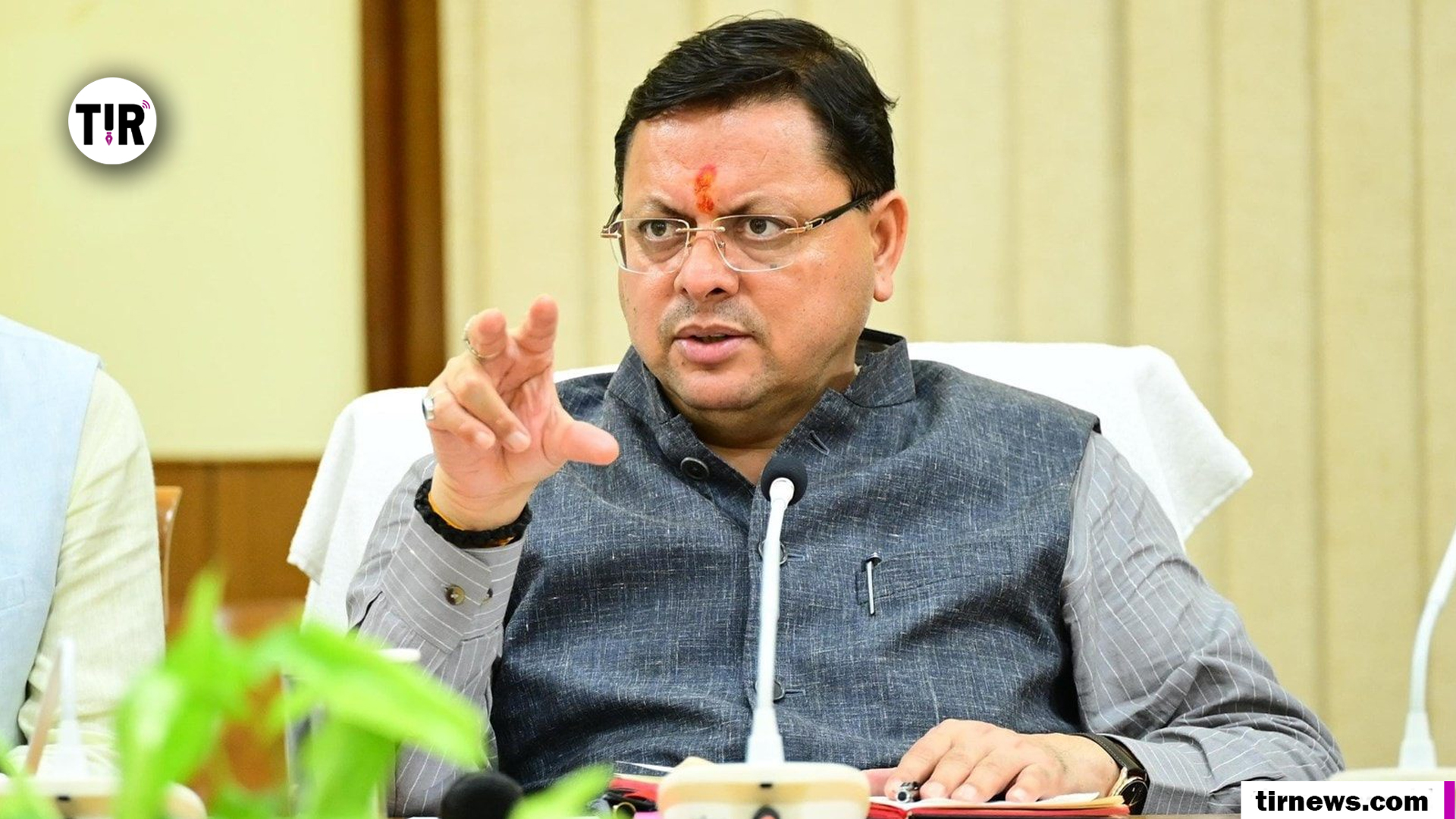In Nuh district of Haryana, a Dalit family hailing from Marora village has voluntarily embraced Islam, prompting significant tension and prompting a police complaint. The family—Chetram (now Muhammad Ikram), his wife Rekha (now Rukhsā), and their three children—affirmed they “voluntarily accepted Islam” and have no ties to their previous religion, according to an affidavit submitted by Ikram (The Siasat Daily).
Despite affirming their free will, tensions escalated when Chetram’s brother, Satbir, filed a case at Nagina Police Station. He accused two individuals, Shahid and Sirajuddin, of coercing the family into converting (The Siasat Daily).
Although video evidence supports the family’s assertion that the decision was voluntary, Hindu organisations staged protests outside the police station, alleging “systematic conversion” activities in the region (The Siasat Daily).
Broader Context & Legal Dynamics
- Marora’s Religious Demographics: The village of approximately 6,000 residents is overwhelmingly Muslim, with only about 15 Dalit Hindu households—raising local sensitivity to such conversions (The Siasat Daily).
- Historical Precedents: Conversion as a form of protest or escape from caste discrimination is not unprecedented in India. Instances across Tamil Nadu and Haryana have seen Dalits embracing Islam to protest systemic mistreatment and denial of social dignity (India Today, The Hindu, The Times of India).
- Legal Considerations: India’s anti-conversion laws require scrutiny regarding free will versus coercion. Courts rely on evidence such as affidavits, testimony, and procedural compliance to determine validity.



